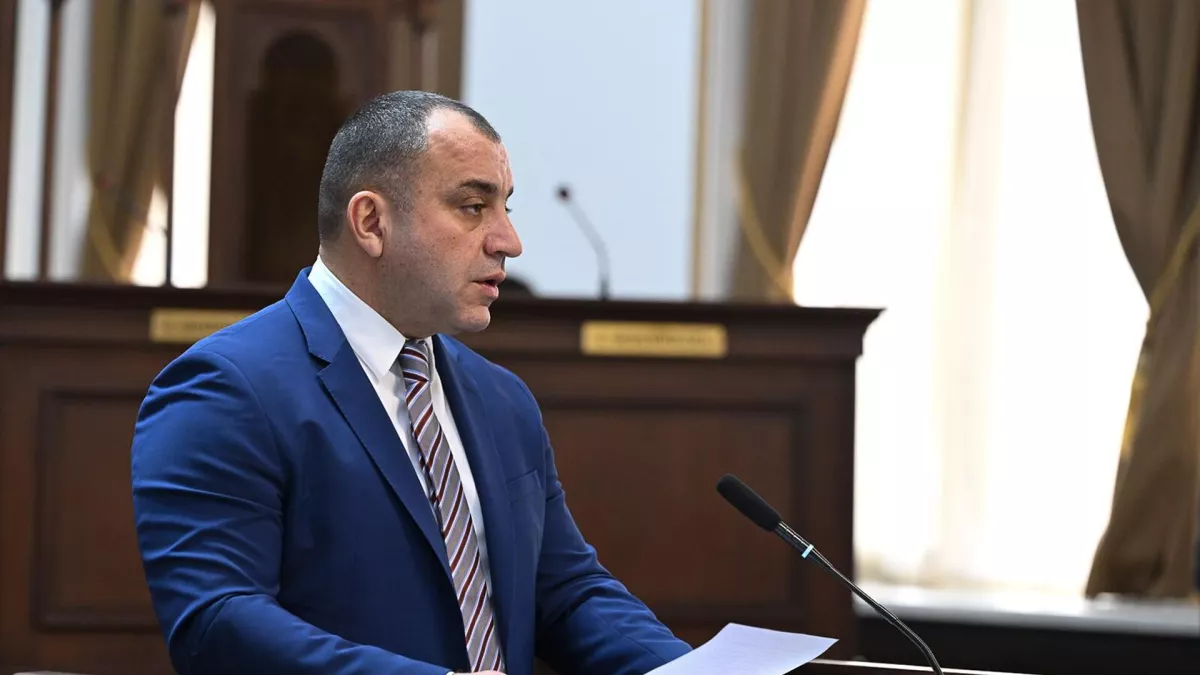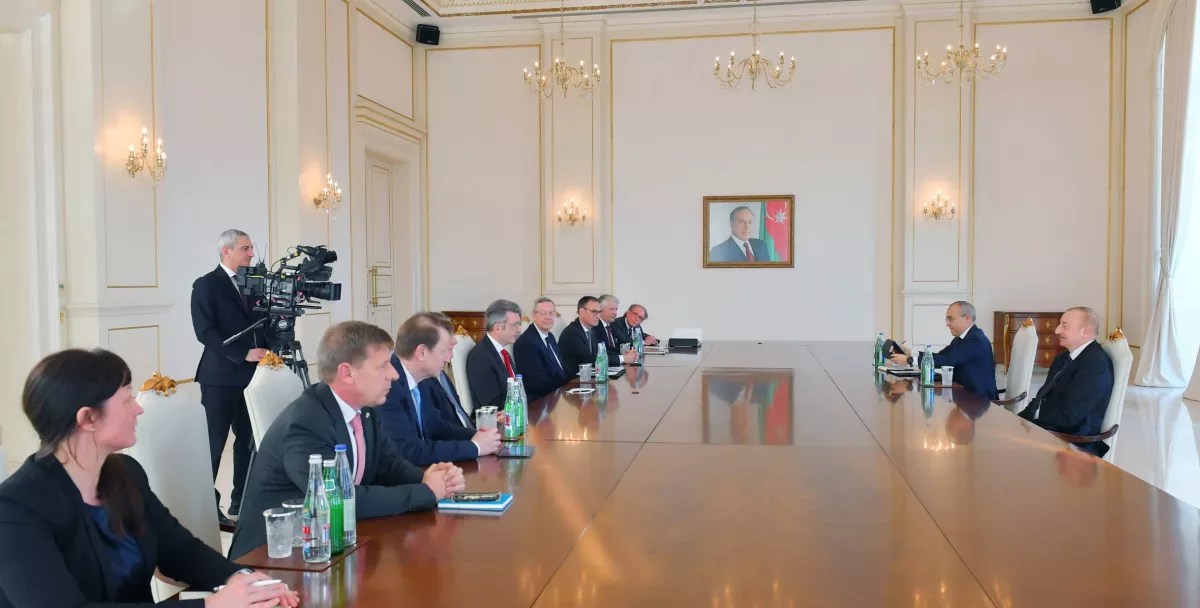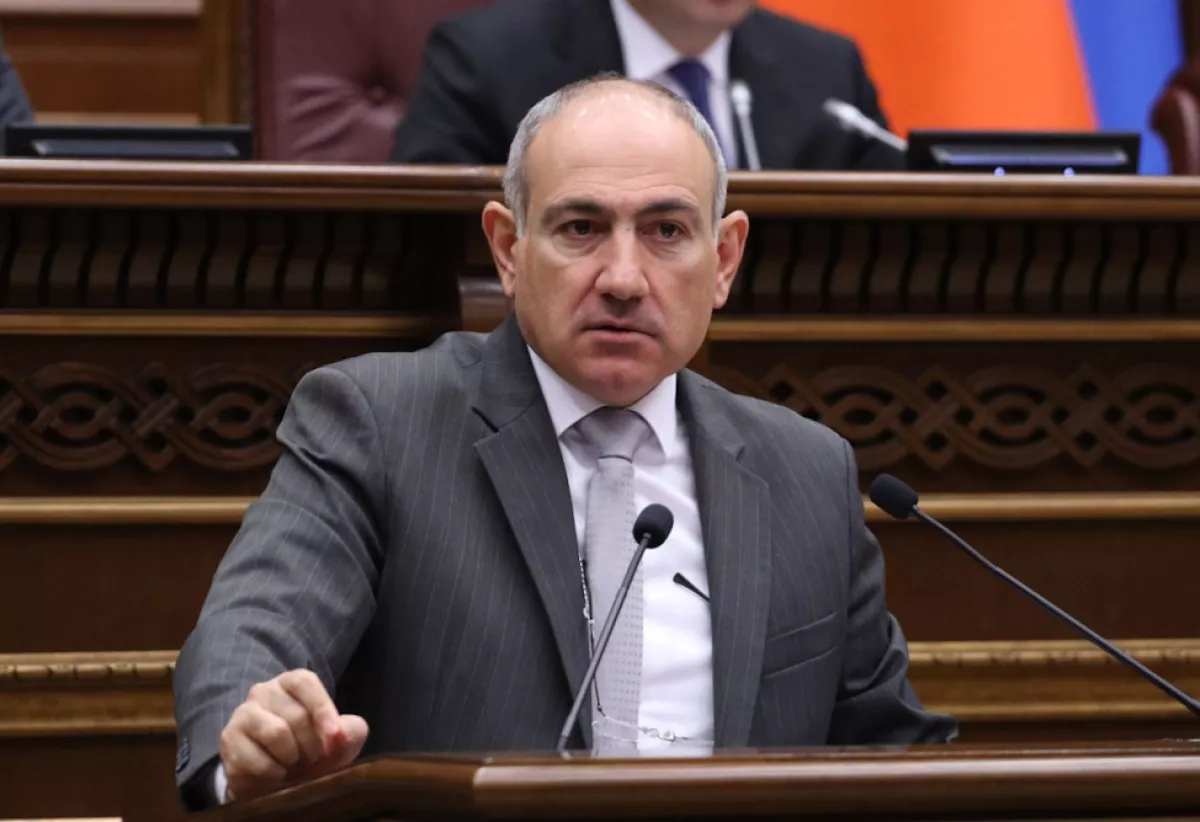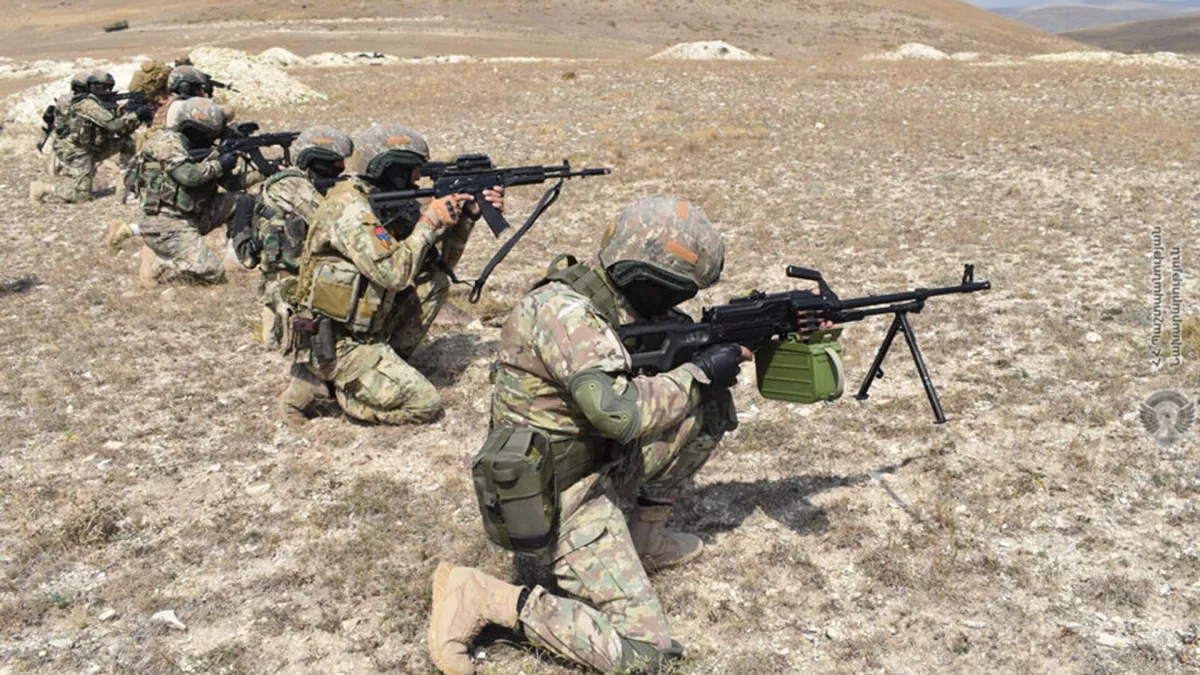Armenia’s constitutional game: Populism instead of peace The epiphany won’t come soon enough
In Armenia, the constitutional issue continues to be a topic of discussion, once again confirming the country's inconsistency in politics. The Chairman of the Constitutional Court of Armenia, Arman Dilanyan, stated in an interview with Radio Liberty that the country's constitution does not contain territorial claims not only against Azerbaijan but against any other country, calling Baku's accusations "false."
The Armenian "administrator of justice" further compounded his provocative remarks by making an even more absurd statement, claiming that this fact had been confirmed by the Venice Commission.

"Our Constitution underwent various international legal assessments, including by the Venice Commission, before being put to a referendum and adopted through the referendum or developed as a document in its entirety. And I am confident that if the Venice Commission had noticed such a claim, not to mention other experts—since various experts worked on the text of our Constitution at the time—I don't think they would have missed such a demand against the territorial integrity of any country, and they would have pointed it out," stated Dilanyan.
The Venice Commission (officially, the European Commission for Democracy through Law) is a consultative body on constitutional law, created under the Council of Europe in 1990. It is well known for its overtly biased stance toward Azerbaijan, which the country encounters in the Parliamentary Assembly of the Council of Europe (PACE), the European Court of Human Rights (ECHR), and other bodies. In February 2024, President Ilham Aliyev warned that Azerbaijan might leave the Council of Europe.

"If the rights of the Azerbaijani delegation were not restored within one year, the country would seriously consider the total departure from the Council of Europe," stated the president during a meeting with a delegation led by Michael Harms, Chairman of the Eastern Committee of the German Economy, sending a clear message to the European community.
It is hardly surprising that the Chairman of the Constitutional Court of Armenia appealed to the assessment of the Venice Commission, which is clearly aimed at supporting Armenian interests and, accordingly, allows for the avoidance of necessary amendments to Armenia's constitution.
The European legislative body had shown a clearly biased attitude towards Azerbaijan even ahead of the constitutional referendum in 2016, with representatives of the Council of Europe at the time voicing unfounded political conclusions.
Although this fact did not affect the successful conduct and results of the referendum in Azerbaijan, it once again confirmed Europe's double standards regarding the country, significantly reducing Baku's trust in the Council of Europe and its structures.
Firstly, it is well-known that various démarches against Azerbaijan on different European platforms are primarily driven by the substantial financial resources of the influential Armenian lobby. In this case, the support for Armenian interests from the Venice Commission is particularly notable.
Secondly, the fact that the provocative statements made by Dilanyan regarding the Armenian constitution followed the recent encouraging remarks by Prime Minister Nikol Pashinyan (who stated that the new Constitution of Armenia should not reference the Declaration of Independence, which contains territorial claims against Azerbaijan) indicates that official Yerevan intends to continue exploiting this issue in order to delay indefinitely the fulfillment of Baku's key demands in the peace agenda, and as a result, postpone the signing of a peace agreement with Azerbaijan.
It is worth reminding that the preamble of Armenia's current constitution contains a reference to the Declaration of Independence, adopted on August 23, 1990, which mentions the "reunification of the Armenian SSR and Nagorno-Karabakh."

In January 2024, Armenian Prime Minister Nikol Pashinyan stated that Armenia needs a new constitution "to ensure the country's viability in the new geopolitical conditions."
He later clarified that the provisions of the Declaration of Independence, which form the basis of the current Constitution, threaten Armenia with war. Pashinyan then announced that the authorities plan to hold a referendum on adopting a new constitution in 2027, noting that his team is considering holding the referendum simultaneously with the parliamentary elections in 2026. At that time, he claimed that constitutional changes were purely a matter of internal policy and would not have any regional or international impact.
However, the "fresh" statements from the head of Armenia's Constitutional Court suggest that Pashinyan's verbal gymnastics around the constitution are nothing more than a populist game aimed at misleading the international community.
Such an approach casts doubt on the "peace initiatives" periodically touted in Yerevan. In this regard, the attempts by Armenia to destabilise the situation along the conditional border are also telling.

Recently, the Armenian armed forces have been deliberately shelling Azerbaijani positions from various directions, while Armenian media spread false information claiming that Azerbaijan is allegedly staging provocations at the border.
All these facts only confirm that Armenia is still trying to delay the resolution process, manipulating both its internal agenda and international opinion. Instead of taking real steps towards peace, official Yerevan chooses a strategy of provocations and populism, hoping to buy time.
However, time is not on Armenia's side. Eventually, Yerevan will have to face the inevitable: the only path to stability and security is accepting reality and fulfilling the key conditions of the peace agenda put forward by Baku.
Any attempts to hide behind legal manoeuvres or external support only delay the moment when the diplomatic game will shift to the necessity of making concrete decisions.








